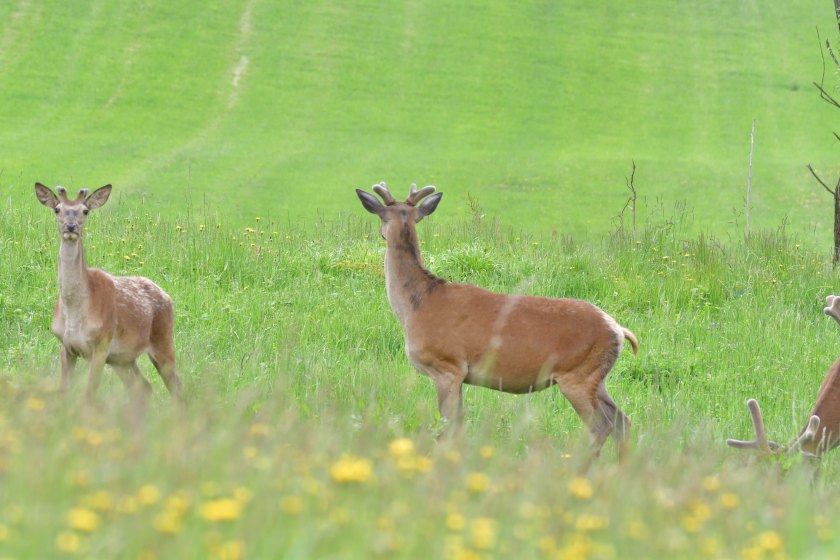
A report on the social, economic and environmental contribution made by rural estates to communities should be a ‘game-changer’ in how Scottish farmers and landowners are viewed.
The research on the contribution of estates to the wellbeing economy dismisses the outdated image of ‘lairds’ that often mars the debate around land use and ownership.
A wellbeing economy is described as an economic system operating within safe environmental limits, that first and foremost serves the collective wellbeing of current and future generations.
The Scottish government has set eleven 'national outcomes' to measure progress towards a wellbeing economy.
The research, conducted by economic consultancy BiGGAR Economics and launched today (7 February), shows that rural estates contribute to at least seven of these outcomes.
Rural estates provide homes for 13,000 families and land for 18,500 rural enterprises, it found, and they attract an estimated 1.2 million Scottish residents annually to enjoy the natural environment.
The research found that rural estates account for 58% of Scotland’s renewable energy generating capacity, and that they make a major contribution to natural capital base through farming, forestry and renewable energy operations.
They also generate an estimated £2.4 billion GVA/year for the Scottish economy and support around 57,300 jobs – around 1 in 10 rural jobs.
The research was launched at an event in Edinburgh today (7 February), which was attended by the Scottish government.
Scottish Land & Estates (SLE), which represents Scottish landowners, said it was crucial that those involved in the land reform debate should recognise the value of estates to modern-day Scotland rather than become 'mired in historical arguments'.
Mark Tennant, SLE chairman, said the role of estates in supporting green jobs, local businesses and economies, mental and physical wellbeing as well as stewarding Scotland’s natural capital should be recognised more widely.
"Many of the estates involved in the research are able to achieve what they do - such as peatland restoration, clean energy or innovative food production – because they operate at a large scale," he said.
"Scale is important for delivery of ambitious Scottish government targets and priorities regardless of who owns the land.
"The government is looking to move ahead with further land reform and we are already seeing signs of a debate harking back to the past with little relevance to modern-day realities.
"We want to see any land reform debate based on the realities of modern-day ownership and management."
